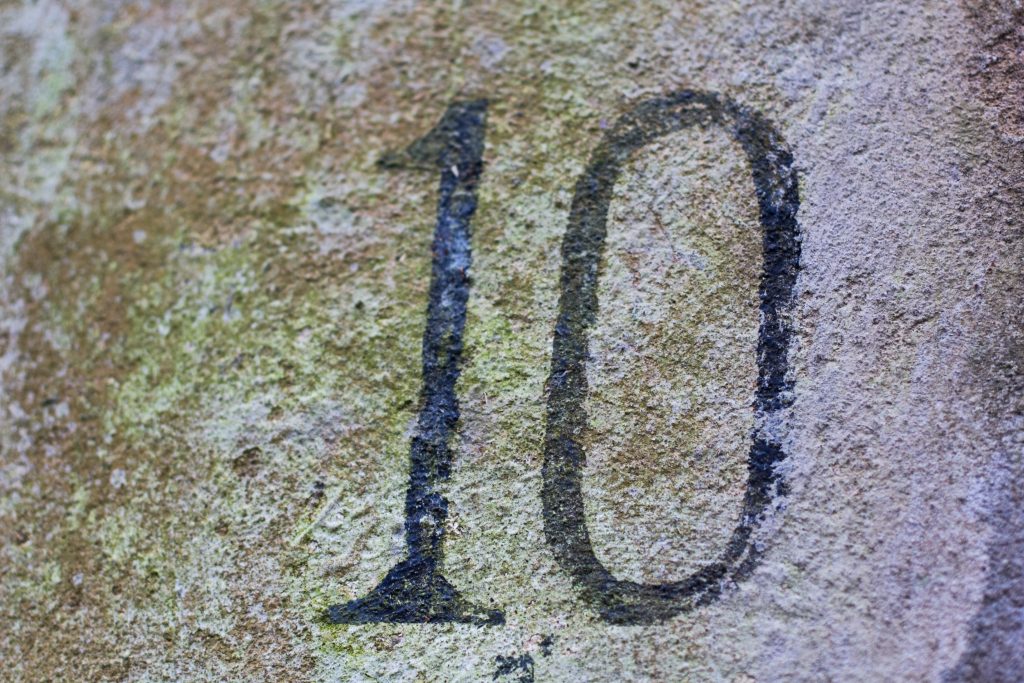
I’ve noted before that popular posts tend to be ones that incite. There’s a place for pushing people’s buttons if you want to encourage them to change their thinking or behavior, but I don’t think muckraking or demagoguery is healthy for either the writer or the reader, and there’s no shortage of bloggers these days eager to do that sort of thing for the clicks. That’s not me.
But I’ve found the personal discipline of writing 2 posts every week to be good for me—for my thinking processes, for my communication skills, for my character, for my soul. And I’ll confess that there have been some posts along the way that were good for me, and, I hope, good for the readers. Occasionally writers have the delightful experience of writing something that seemed to turn out better than they intended, or even better than they felt capable of.
Here are 10 of mine that I like, for various reasons, in no particular order.
- I Was Born That Way
- Three Days with Hilaire
- Grateful for Grace
- It Is. And It Does.
- On Listening to the Designer
- The Music of the Sphere
- On Peace
- Worthy
- On How You’re Remembered (Strategery)
- One Body
Photo by HENCE THE BOOM on Unsplash




